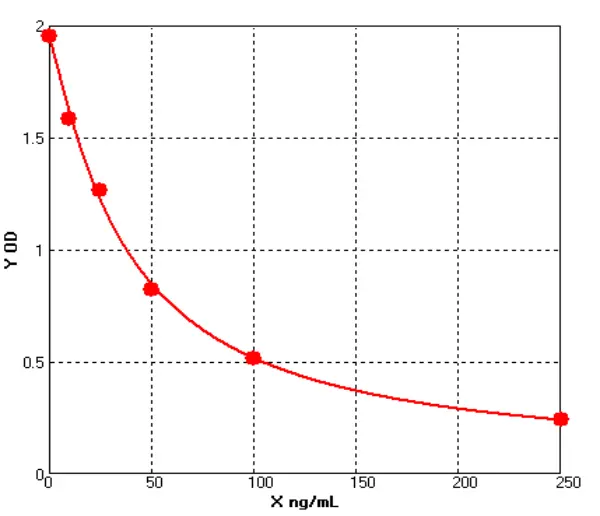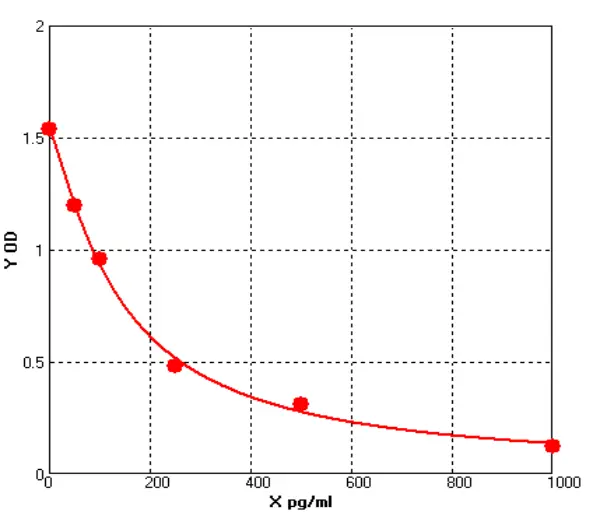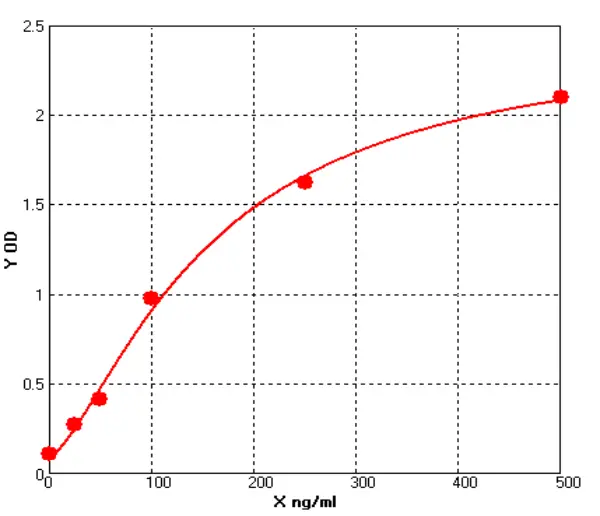Why is Anti-human IgG Used in ELISA?
Human IgG ELISA kits are widely used in research, diagnostics, and drug development. In this article, we will discuss why anti-human IgG is used in ELISA and its importance in the detection and quantification of human IgG.
What is ELISA?
Enzyme-linked immunosorbent assay (ELISA) is a popular technique used to detect and quantify various biomolecules, including proteins, peptides, and antibodies. The principle of ELISA involves the specific binding of a target molecule to a capture molecule immobilized on a solid surface, such as a microplate. The detection of the bound molecule is achieved through a series of steps that involve the use of a detection reagent, which typically consists of an enzyme-conjugated antibody or protein. The enzyme catalyzes a colorimetric or fluorescent reaction, which is then measured using a plate reader.
Why is anti-human IgG used in ELISA?
Human IgG ELISA kit uses an antibody that specifically recognizes and binds to human IgG. This antibody is typically generated in non-human species, such as mice, rabbits, or goats, and is referred to as anti-human IgG. The use of anti-human IgG is important because it allows for the specific detection and quantification of human IgG in a sample.
Anti-human IgG antibodies are highly specific for human IgG and do not cross-react with other immunoglobulin classes, such as IgM or IgA. This specificity allows for the accurate measurement of IgG levels in a sample without interference from other immunoglobulins.
The use of anti-human IgG also enables the detection of different IgG subclasses, such as IgG1, IgG2, IgG3, and IgG4. Each IgG subclass has a unique structure and function, and the measurement of subclass-specific levels can provide important insights into the immune response.
Another important use of anti-human IgG in ELISA is the detection of antibodies against human IgG, such as anti-drug antibodies (ADAs). ADAs can be produced in response to therapeutic antibodies used in the treatment of various diseases, such as cancer and autoimmune disorders. The presence of ADAs can reduce the efficacy of the therapeutic antibody and cause adverse reactions. Human IgG1 ELISA kit that use anti-human IgG can detect and quantify ADAs in a patient's serum, providing valuable information for drug development and patient monitoring.
In summary, anti-human IgG is a critical component of human IgG ELISA kits, enabling the specific detection and quantification of human IgG in various samples. The high specificity of anti-human IgG allows for the accurate measurement of IgG levels and the detection of different IgG subclasses. The use of anti-human IgG also enables the detection of ADAs, which are important for drug development and patient monitoring. Therefore, the use of anti-human IgG in ELISA is essential for accurate and reliable measurements of human IgG in various applications.



